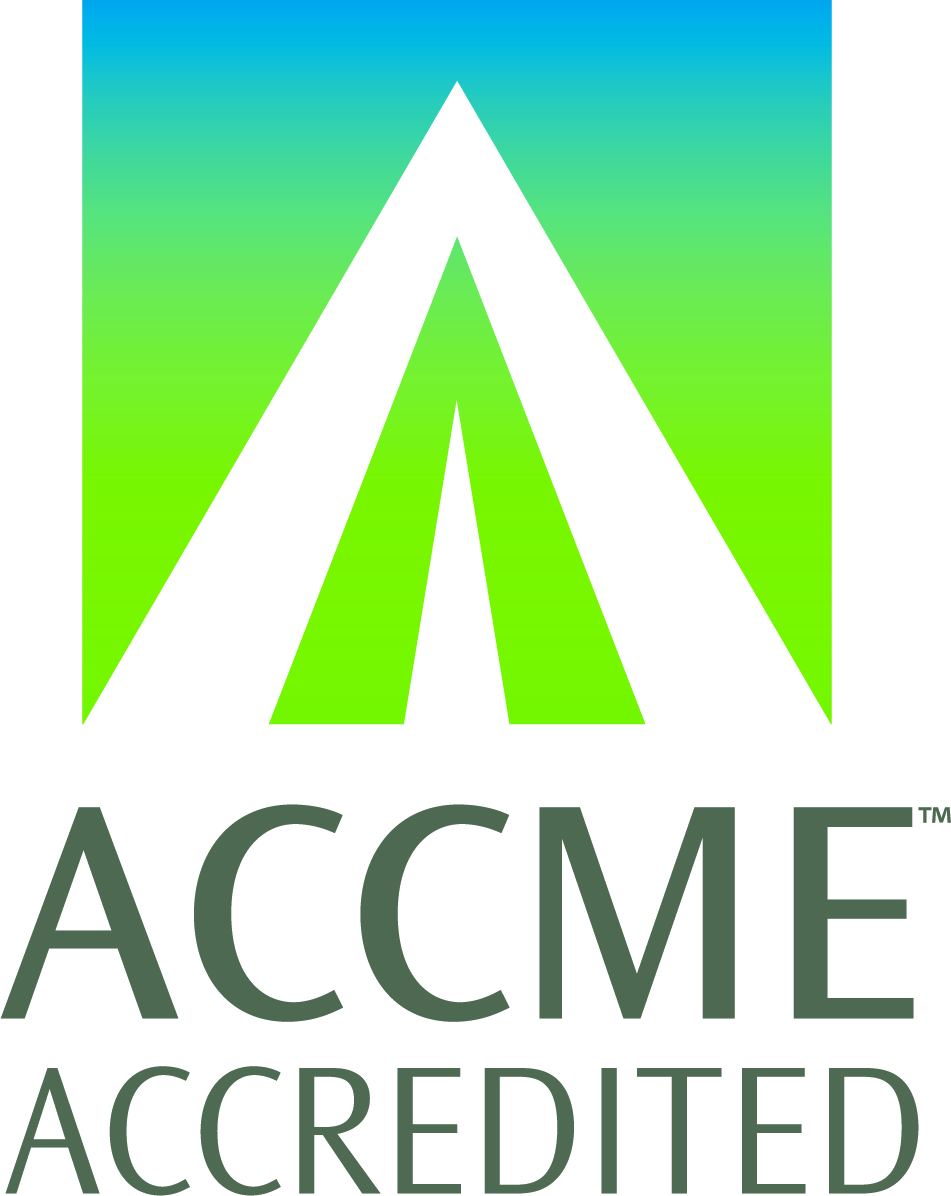Program Description
PD (Peritoneal Dialysis) University Catheter Placement Training Course is a Hands-on, ACCME accredited course for practitioners who desire to excel at PD Catheter placement. The 5 hour course includes Hands-on Training Stations designed to provide the practitioner with a comprehensive overview of placing PD catheters. Participants will have the opportunity in small groups to learn how to assess patients for the correct PD catheter, insertion and exit sites; use appropriate techniques available to place PD catheters; execute proper techniques for primary externalization of catheters and embedding catheters for delayed exteriorization; and learn to make appropriate catheter tubing attachments and properly immobilize the catheter at the time of implantation. The training is taught by experts and is designed to provide the practitioner with a comprehensive overview of placing PD catheters. Training will take place on custom created simulators as well as porcine models.
This course is open to Surgeons, Interventional Nephrologists, Interventional Radiologists and Fellows who plan to place PD Catheters in their practice.
Capacity is limited to increase interaction with experts in the field and establishes opportunities for continued professional interactions.
Register
Hands on Training
$500
- May 30, 2026 8:00am-3:00pm
- Maximum capacity of 20 physicians per course
- ACCME Accredited
Agenda
Demonstration
Preoperative Mapping to Determine Catheter Type Selection and Exit-Site Location (Live Patient Model)
Demonstration
Catheter Options
Demonstration
Primary Catheter Exteriorization, Immobilization and Dressings
Lecture
Collaborative Efforts between Surgeons, Nephrologists and Radiologists
Hands-On Lab Rotations
Station A. Extended Catheters for Upper Abdominal and Presternal Exit Sites (Human Torso Simulator)
Hands-On Lab Rotations
Station B. Subcutaneous Tunnel Track Construction, Catheter Embedding, Externalization of Embedded Catheters, and Secondary Embedding (Human Torso Simulator)
Hands-On Lab Rotations
Station C. Laparoscopic Rectus Sheath Tunneling and Omentopexy (Laparoscopic Simulators)
Hands-On Lab Rotations
Station D. Porcine Hands-on Practice: Laparoscopic Rectus Sheath Tunneling and Omentopexy
Faculty Led Discussion
Difficult Cases – Box lunches available

CME Accreditation
This activity has been planned and implemented in accordance with the accreditation requirements and policies of the Accreditation Council for Continuing Medical Education (ACCME) through a joint providership of USF Health and ISPD - International Society for Peritoneal Dialysis. USF Health is accredited by the ACCME to provide continuing medical education for physicians.
Relevant Financial Relationships
Prior to the activity, USF Health will disclose and mitigate all relevant financial relationships that relate to the content of the activity.
USF Health designates this live activity for a maximum of 5.25 AMA PRA Category 1 Credits™. Physicians should claim only the credit commensurate with the extent of their participation in the activity.
THIS PROGRAM PROVIDED BY


